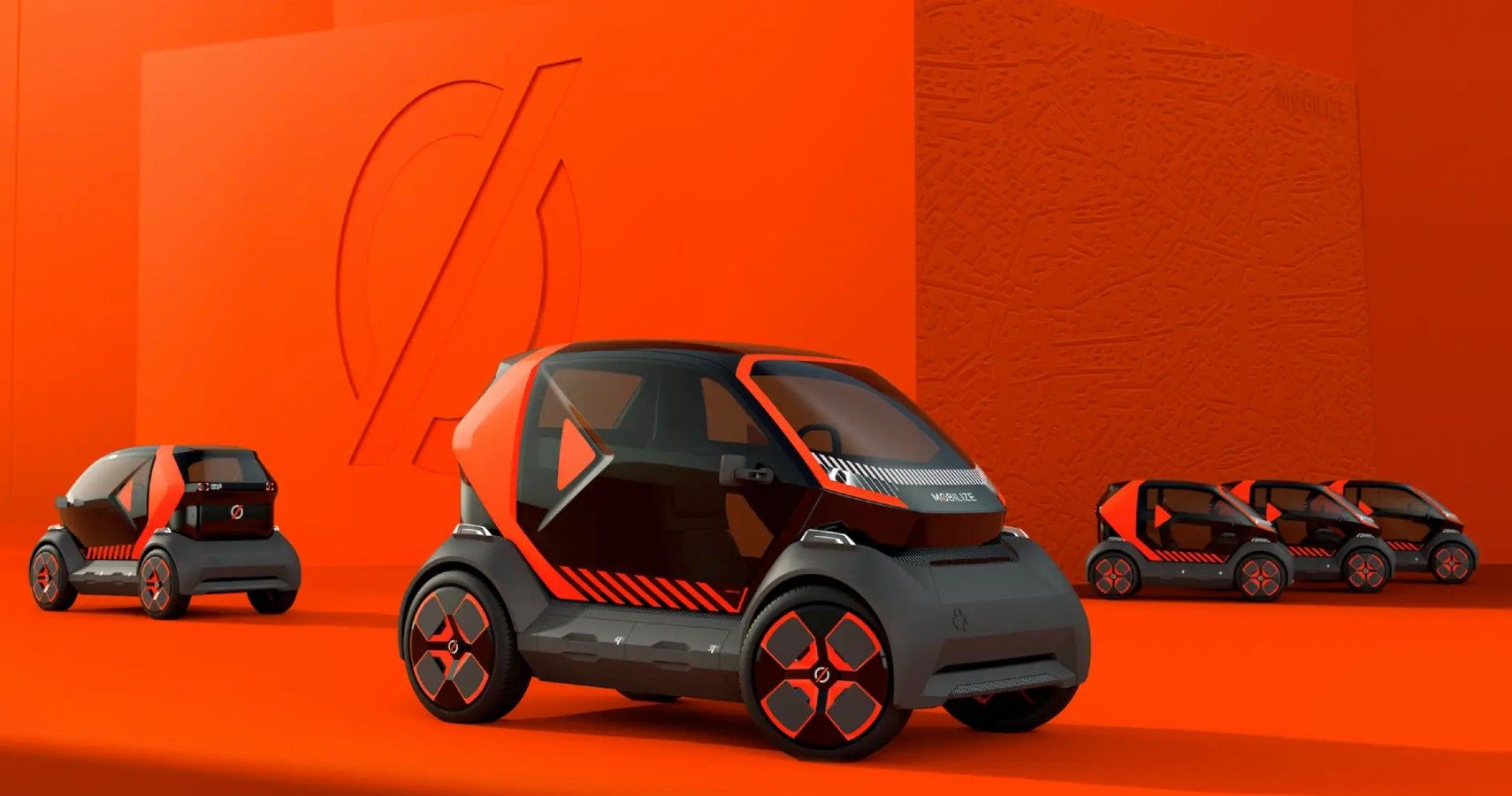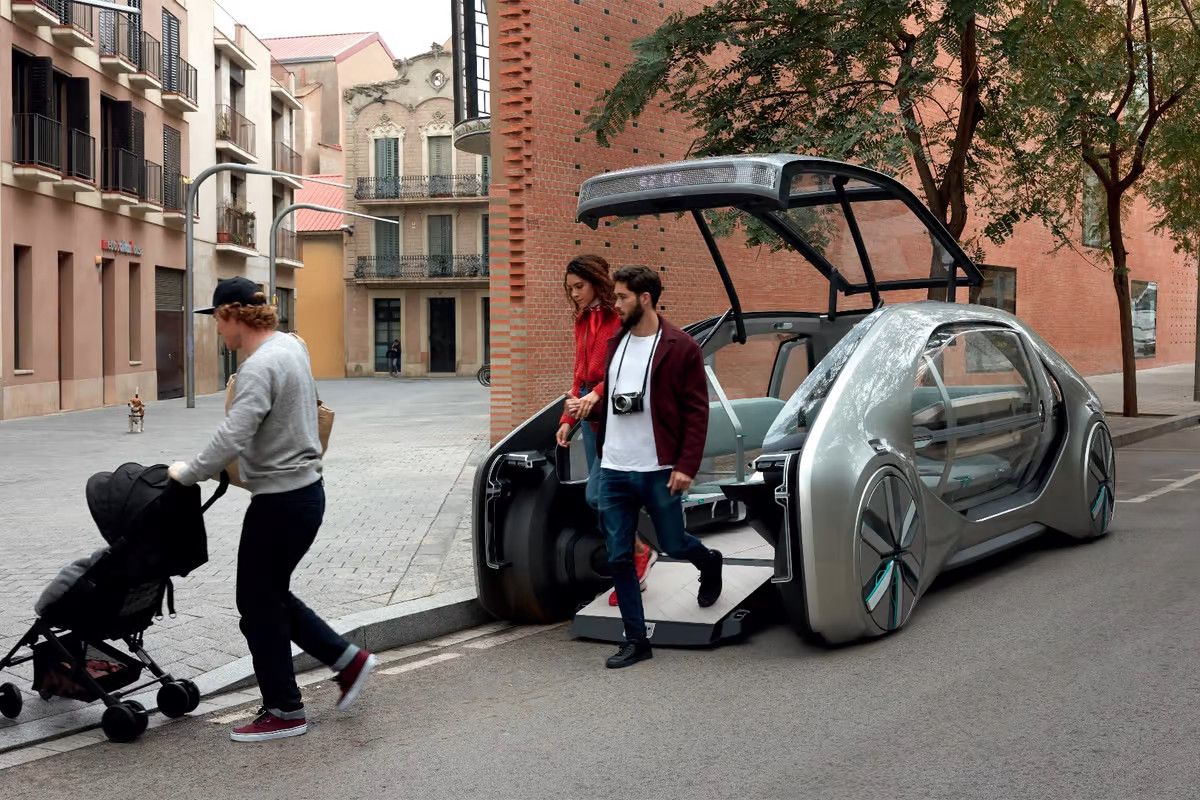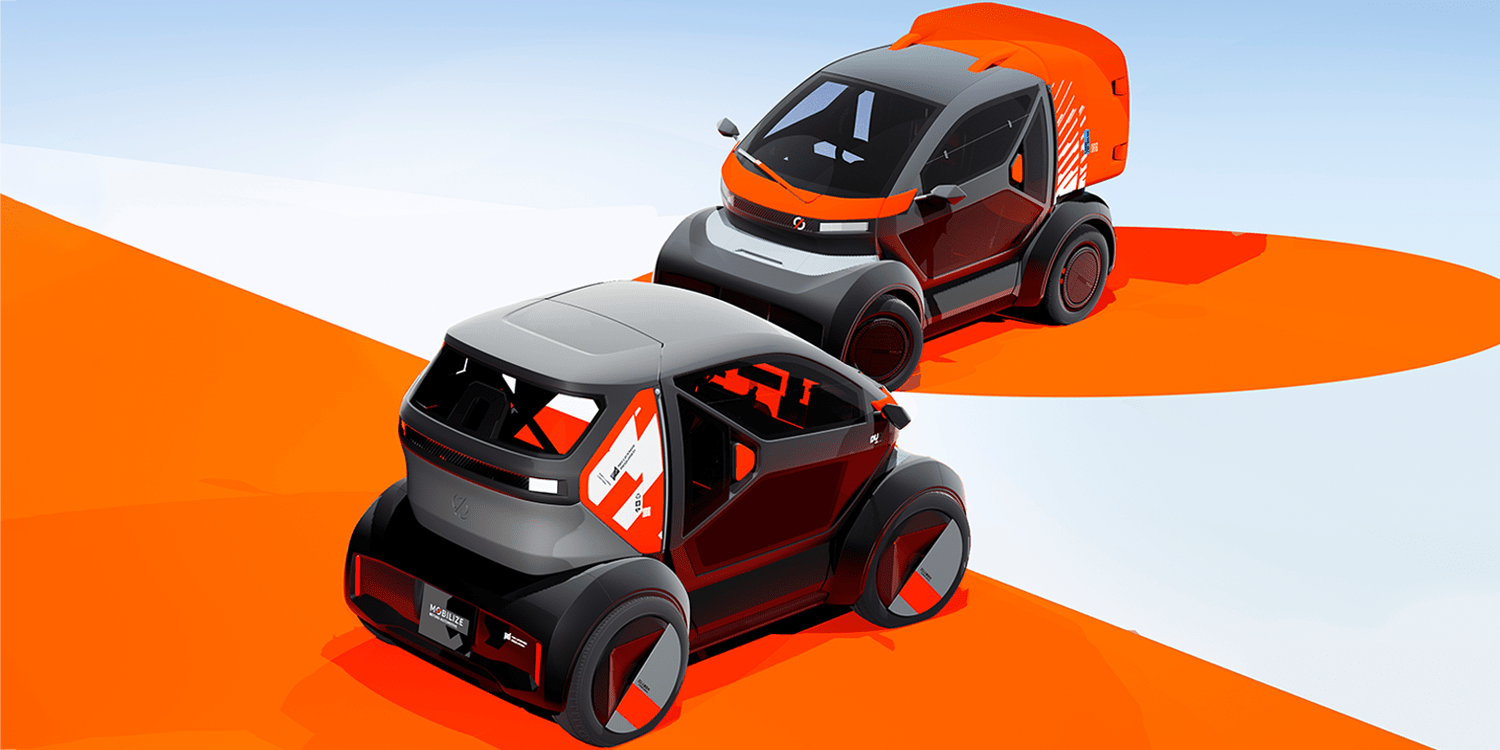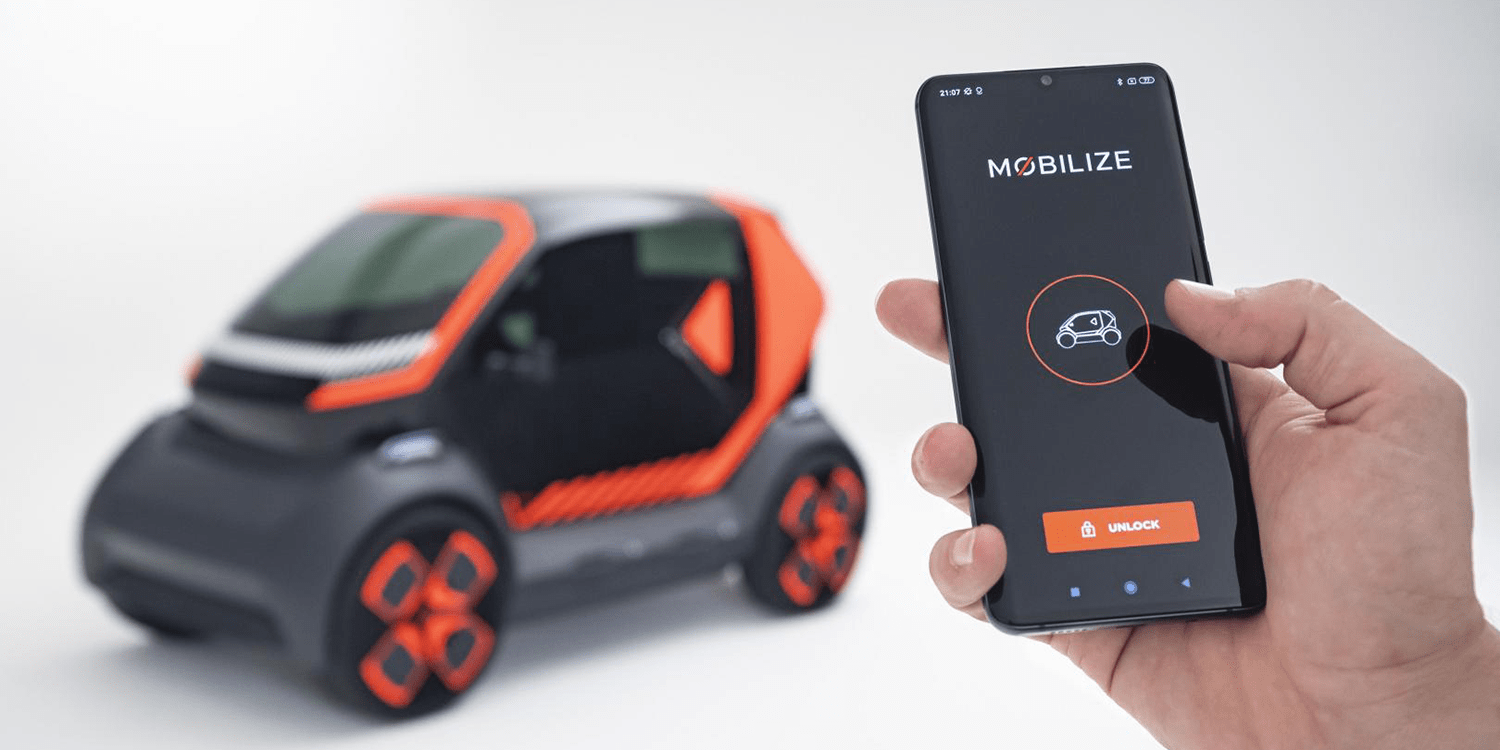Just to be clear, ride-sharing is an arrangement in which a passenger travels in a private vehicle driven by its owner, free or for a fee, as arranged through a website or app. As such, a ride-sharing company provides matching services between passengers and drivers for hire via websites and mobile apps. Unlike conventional cabs, you don’t hail ride-shares from the street.
Now, Renault is eyeing the ride-sharing economy and is set to leverage the emerging market as part of its pushback to profitability. The French automaker is already taking the trim-to-survive strategy to maneuver around the slump in demand, but it's also banking on creating a new brand – Mobilize – by merging its three brands, Dacia, Lada and Alpine, to develop and offer its own purpose-built ride-sharing vehicle models.
Analysts project the ride-share market to grow from $84.30 billion in 2021 to $242.73 billion in 2028 at a compound annual growth rate (CAGR) of 16.3% in the forecast period globally. The Renault Group CFO and deputy CEO Clotilde Delbos will head the new Mobilize ride-sharing brand and all the purpose-built vehicles will be fully electric designed to serve various niches, such as car-sharing, ride-hailing, and last-mile delivery. Let's take a closer look.
Renault Turns To Neo-Mobility And Data Solutions Amid Faltering Sales
In early May 2022, the French automaker Renault projected a double-digit profit margin for its Mobilize brand by 2027. This is coming on the heels of the company’s revelation earlier in the year that its global sales declined for the third consecutive time in 2021. Although Dacia and Lada's sales rose, Renault sales fell nearly five percent in 2021, compounded by the microchip shortages that squeezed production and reduced new vehicle supplies to a trickle.
With the group moving 2.69 million passenger cars and light-commercial vehicles the previous year, Renault said it would focus on more profitable models while the semiconductor scarcity bites. “The sales policy initiated in the third quarter of 2020 is leading to an increase in the share of sales in the most profitable channels,” Renault said in a statement. Dacia sales rallied by 3.1 percent to 537,095 units, while Renault’s declined by 5.2 percent to 1.69 million last year.
Meanwhile, sales of Renault’s Russian brand Lada went up 0.3 percent to 385,208. By July, Renault announced that its automobile sales fell 30% in the first half of 2022, no thanks to the closure of its Russian operations. The announcement made the French company the very first western automaker to bite the bullet and admit the pain of losing the prized market in the wake of the Ukraine war.
It also meant the French carmaker needed to pair up – merge, partner up, or any marriage necessary to stay afloat, given that the company's alliance with Nissan is currently just so-so. So, it comes as no surprise that Renault and Nissan have just confirmed talks over the future of their alliance partnership, according to Reuters. In the meantime, Renault said its new ride-sharing brand Mobilize, built around new mobility and data solutions, should contribute 20% of its overall group turnover by 2030.
The carmaker is seriously banking on Mobilize to help turn its financial fortunes around by focusing on services, like ride-hailing, car-sharing, subscription services, and leasing, where consumers pay for a vehicle's use rather than owning it outright. “The mission of Mobilize is to be the pivot turning Renault Group towards new mobility and a way to engage on more profitable business, and therefore to create value,” said Renault Chief Executive Luca de Meo.
Duo And Bento: Renault’s New Subscription-Based Urban EVs
Mobilize has shown off two purpose-built all-electric models – the Duo and the Bento – available in 2023 and 2024, respectively. The service will be either by subscription or long-term lease. The Duo is simply the production version of the tiny two-seat Renault EZ-1 prototype unveiled last year, as well as the evolutionary model of the Renault Twizy.
The Bento is Duo’s cargo-focused sibling and will launch in 2024. “We have decided to cover the sections of the mobility value chain presenting the highest growth and margin potential,” said Mobilize CEO Clotilde Delbos. Renault unveiled the Duo in 2020 as a tiny, two-seat quadricycle to rival the Citroen Ami. Both are two-seaters, except that the latter sports a side-by-side seating arrangement, whereas the Duo seat occupants in a row.
Though technically the Twizy’s successor, Delbos insists the Duo is an all-new EV built on a new bespoke platform and rocking a new powertrain and batteries, as well as an underpinning all-new business model. The Bento, launching a year later, is simply a one-seat, cargo van version of the Duo, resulting in the rear toting a 700-liter cargo box. Notably, the box's interior is configurable for multiple applications like food or small parcel deliveries. Both models will be available via leases or subscriptions and ride-sharing schemes.
Businesses can take out the lease option and brand the vehicle with their own decals. Mobilize will partner with relevant firms to offer seamless services and will soon announce large contracts with major ride-hailing firms. Delbos affirmed that Mobilize is a separate service provider and distinct from Renault's plans to split up its EV operations from its ICE unit.
The Final Word On Renault’s Ride-Sharing Brand, Mobilize
Mobilize will produce its purpose-built models in lower-cost markets like Morocco. Its parent company said months ago it would sell around a third of its Korean unit to China's Geely Automobile Holdings for roughly $200 million, freeing up funds to invest in its sputtering core markets and electric business.
Mobilize will provide both the hardware (vehicles) and software used to provide the ride-sharing services. According to Mobilize, “Their main criteria are flexibility and availability: move about easily, find a clean and available vehicle nearby, when needed… A comprehensive service where you only pay for what you use at a price known in advance. As simple as that! This is precisely what Mobilize offers through its Zity by Mobilize car-sharing service.”




